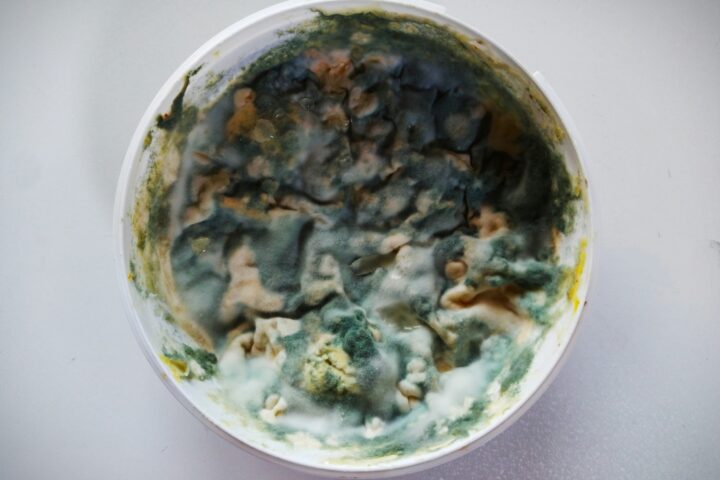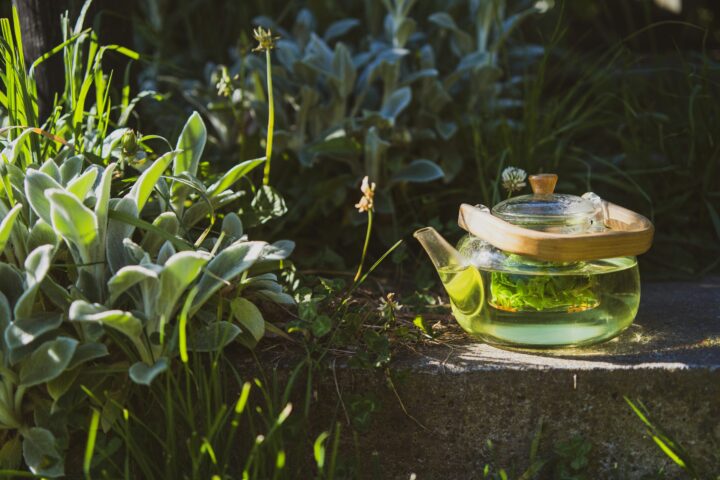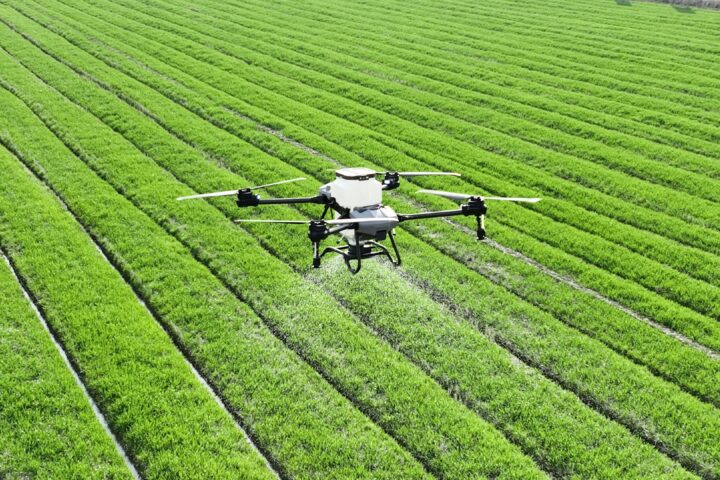
“More than 200,000 deaths annually due to pesticide poisoning”
At rallies and in publications against research-based agricultural companies, there is a persistent claim that more than 200,000 people die from pesticide poisoning every year due to the use of plant protection products. If you look closely, you can see: The number comes from a 35-year-old study. In a thought experiment at the time, suicides involving pesticides in Sri Lanka were extrapolated worldwide.
Monday, February 1, 2021
In brief
- The number of 200,000 pesticide deaths per year comes from a 1985 document by the occupational health care provider, Jeyarajah Jeyaratnam.
- It relates to poisoning by pesticides (e.g. rat poison) with suicidal intent and is a global estimate based on data from Sri Lanka.
- This does not support the claim that the agricultural use of pesticides is responsible for so many deaths.
The outrageous claim cannot be supported at all by the extrapolation of suicide (for example, with rat poison) in Sri Lanka. Nevertheless, the claim by opponents of plant protection products is constantly repeated. Recently, it was again disseminated in the publication “The Poison and Us” published by Bio-Foundation Switzerland. On page 207 it is stated that according to estimates by the World Health Organization (WHO), highly toxic pesticides would cause 220,000 deaths each year. And the text goes even further than the claim. Noting that the figures are from 1990, it is literally said that they do “not begin to do justice to the present scale of the problem”. This is, however, complete nonsense, because the basis is already wrong.
The deviation of a number
In fact, the more than 200,000 deaths were mentioned in an official document from 2017by the UN Human Rights Council's Special rapporteur on the right to Food. Critics of crop protection products are happy to refer to this document in their accusations. However, the figure mentioned is not based on own investigations, but is originally from a publication of the occupational health care provider, Jeyarajah Jeyaratnam, in 1985. The number was repeatedly cited over time in various works and studies, although the original text was not always referred to. Thus, the number made it through several detours into the said UN document. The scientific journalist Ludger Wess can prove this in his extremely interesting report.
Investigation of suicides
Jeyaratnam mentions the number associated with poisoning due to suicide attempts. His data are based on medical records from Sri Lanka from 1979. In a thought experiment, he extrapolated the cases globally to clarify the problem. He arrived at the approximate number of 220,000 deaths. This is therefore an estimate of the number of suicide-poisonings with suicidal intent and not of deaths from the use of plant protection products. This fact is often concealed in the case of controversial finger-pointing by pesticide critics.
Blindspot article
Safe if used correctly
It is clear that pesticides must be handled with care. The alternatives promoted by activists, such as permaculture, homeopathic or even mystical practices for plant strengthening, are unfortunately ineffective against many pests. Good science- and evidence-based cultivation practices, where properly applied crop protection is a tool in the farmers' toolbox, help to combat pests and plant diseases in order to protect crops. Biocides that protect food from herbivores and fungal infections during storage and transport are essential after harvest to guarantee food safety – as are disinfectants. A ban on pesticides – that is, plant protection products and biocides – would have devastating consequences for world food. Famine and food prices would increase sharply. Vast expanses of natural land would have to be converted into arable land. This cannot be the aim of the critics of the agricultural companies.
The story is reminiscent of a study by crop protection critics that claimed 385 million people suffer from crop protection poisoning every year. The study was published in the scientific journal ‘BMC Public Health’ in 2020 and numerous media outlets and government institutions have taken up and spread the figure. The problem: the figure is wrong. The editorial team at BMC Public Health has retracted the study because ‘evidence of gross methodological errors’ has been received. Nevertheless, the study has influenced politics and continues to be cited frequently.
Related articles

Pesticides in Green Smoothies
After countless recipes for Christmas cookies, festive roasts and cocktails, the advice on losing weight, detoxing and beautifying oneself now takes centre stage. Most of it is sheer nonsense.

Natural Toxins: An Underestimated Risk in Our Food
Safe food cannot be taken for granted. While chemical substances are often the focus of public criticism, reality shows that the greatest risks to food safety are of natural origin. Recent recalls of infant food products illustrate how insidious bacterial toxins or moulds can be.

Herbal Teas: Making You Sick Instead of Slim
Plant protection products are frequently the focus of public criticism. Far less attention is paid to the fact that natural ingredients in teas and dietary supplements are also biologically active and can pose health risks.

Ensuring Food Security Through Innovation
Agriculture stands at the centre of a global field of tension shaped by climate change, geopolitical crises and growing demand for food. Insights from the World Economic Forum in Davos show that the industry’s response lies in the intelligent combination of digital precision and biological progress.

